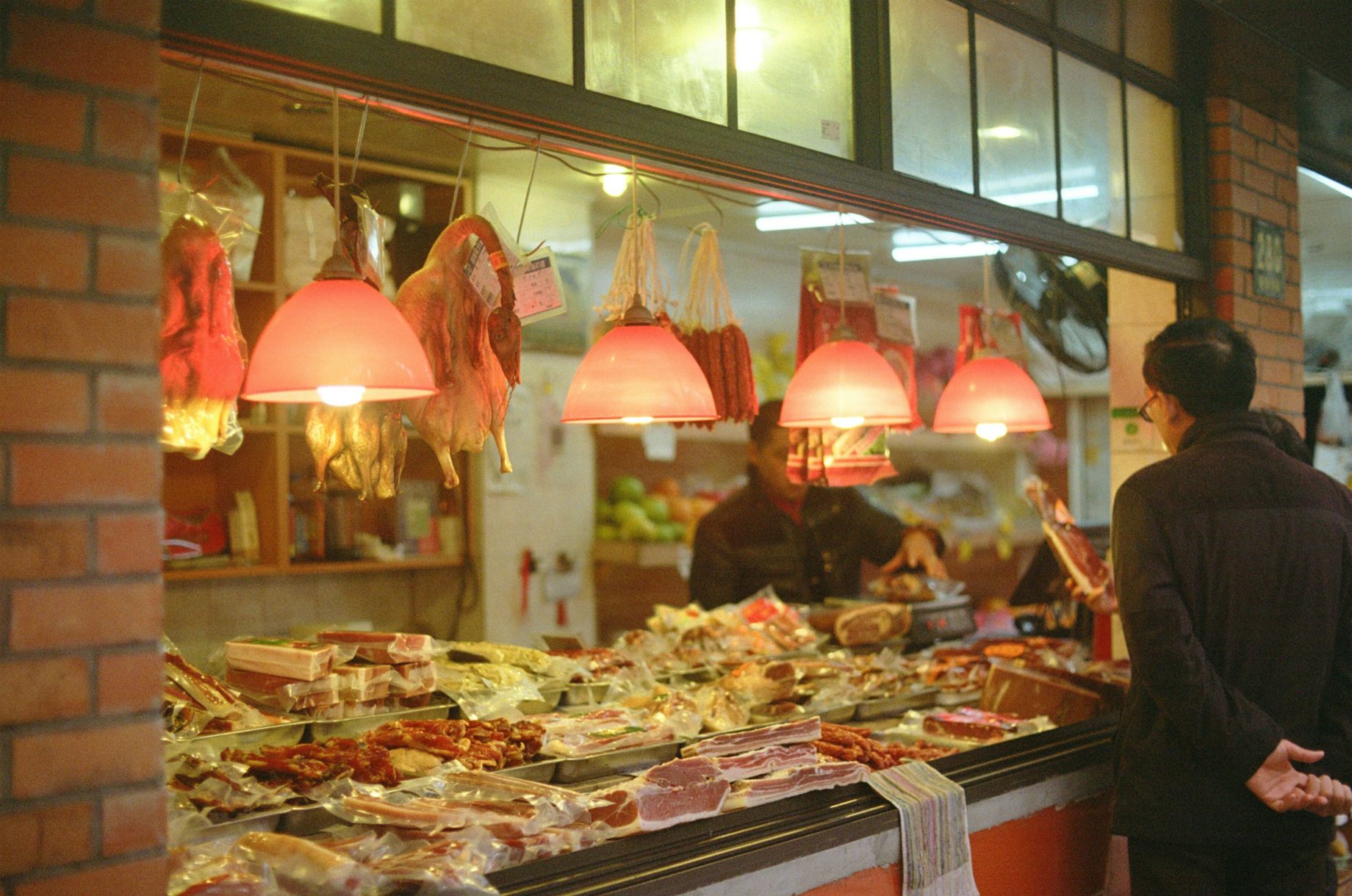New Zealand’s red meat sector has launched a processor-led revamp of its Taste Pure Nature campaign, targeting affluent consumers in Shanghai. The $8 million initiative, announced at the 21–22 July Red Meat Sector Conference in Christchurch, is backed by Prime Minister Christopher Luxon.
It aims to promote grass-fed, sustainably raised meat as a premium product in China’s congested protein market. The campaign is part of a wider strategy to recover an estimated $1.5 billion lost annually due to non-tariff trade barriers.
Industry Groups Focus on Export Growth and Market Positioning
The Meat Industry Association (MIA) and Beef + Lamb New Zealand (B+LNZ) are fronting the campaign, which has received strong support from Prime Minister Luxon.
The main goal is to reposition New Zealand grass-fed meat as a superior alternative to grain-fed imports, with an emphasis on health and sustainability. The campaign is one part of an overarching export strategy. MIA estimates that trade restrictions are costing the industry $1.5 billion each year.
Shift to Processor-Led Marketing Strategy in China
The Taste Pure Nature campaign has existed for several years, but MIA Independent Chair Nathan Guy says the earlier version lacked strong processor buy-in. That has now changed.
“It’s now processor driven, the marketing managers are all over the strategy,” Guy said, describing the shift as “a shot in the arm” for the sector’s brand identity abroad.
The new phase is backed by $8 million in funding over three years—$2 million from MIA and $4 million from the government. Shanghai, with its population of nearly 25 million and growing cohort of wealthy, Western-oriented consumers, was chosen as the focal point.
“It’s a focus in on Shanghai, because it’s one of the most sort of Western-aligned cities in China… and it’s all about trying to market and promote our attributes, which are: grass-fed animals outdoors are a highly nutritious food, safely produced in a sustainable way,” Guy explained.
Prime Minister Calls for Stronger Branding Against Australian Brands
Prime Minister Luxon has urged New Zealand’s red meat industry to improve its global image, particularly in China. “New Zealand probably needs to do a better job in our marketing story relative to the Australians,” he said at the China Business Summit. Nathan Guy says the updated Taste Pure Nature campaign is the sector’s answer.
“We need to do our utmost to promote (our product), hence we’re doing this joint marketing initiative.”
Strategy to Close Value Gap with Grain-Fed Beef
The campaign’s key goal is to close the value gap between New Zealand’s grass-fed beef and the grain-fed varieties that dominate the Chinese premium market.
“We produce a product that should be priced higher than grain-fed. At the moment, there’s a premium on grain-fed,” Guy said, stressing that better branding and consumer education are needed.
“A lot of our product is too good to just go into a hot pot… so we need to be aiming and aspiring for the white tablecloth restaurants in Shanghai.” The industry will support retailers in China with refreshed logos, plaques, stickers, and other point-of-sale materials. “Our message is a little bit silent, so we need to amplify that,” he added.
Joint Export Strategy Targets Trade Barriers Costing $1.5B
MIA and B+LNZ launched a new strategy called Our Pathway to Growing Value, paired with their biennial Barriers to International Trade report. The findings revealed that non-tariff trade barriers (NTBs) are costing the sector $1.5 billion each year.
“When they add cost without value, they become barriers to trade,” said Guy. “That’s why we’ve released this year’s report alongside our new strategy. Together, they provide a roadmap for working with government and trading partners to systematically reduce these barriers.”
Campaign Aligns with PM’s Call for Better Export Storytelling
Prime Minister Luxon’s comments in June prompted a sharper focus on marketing within the red meat sector.
“New Zealand probably needs to do a better job in our marketing story relative to the Australians,” he said at the China Business Summit. MIA’s Nathan Guy said the industry took that as a clear directive. “We need to do our utmost to promote (our product), hence we’re doing this joint marketing initiative.”
Competitive Chinese Market Offers High-End Opportunity
“Our lunch has been cut” by 42 other countries with similar market access to China, Guy said.
The sector is optimistic, with China’s GDP growth at 4.5% and a surge in health-focused consumer habits,. “We believe Taste Pure Nature and Shanghai will raise our profile in a congested market, but there is still more value to realise,” Guy concluded.












